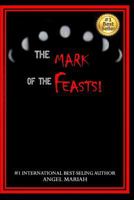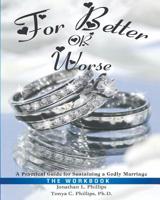Strategic Management in Multinational Companies
Select Format
Select Condition 
Book Overview
Based on extensive research in major multinational corporations, this book analyses the types of strategic choices and organisational capabilities that underlie the success (or explain the failure) of multinationals in trading-off needs for national responsiveness (to market diversity and host government policies) and needs for international integration (into a centrally managed production system and logistic network of operations in various countries).
Format:Paperback
Language:English
ISBN:0521406749
ISBN13:9780521406741
Release Date:January 2008
Publisher:Cambridge University Press
Length:200 Pages
Weight:0.65 lbs.
Dimensions:0.6" x 5.8" x 7.9"
More by Angela Edwards
Customer Reviews
3 customer ratings | 3 reviews
There are currently no reviews. Be the first to review this work.












































